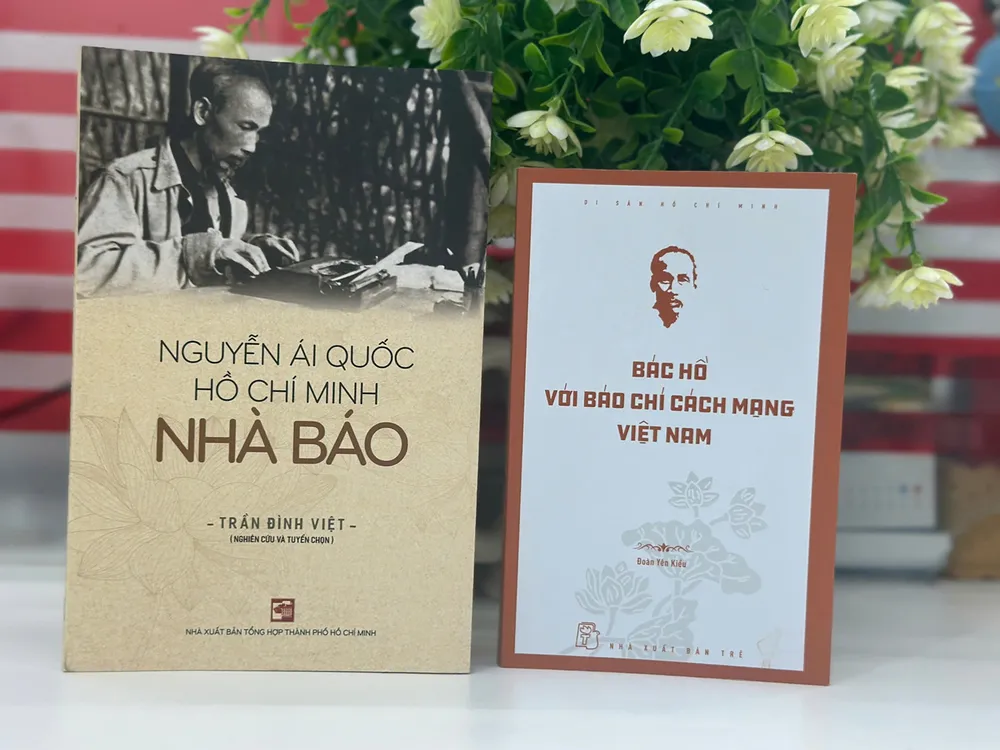
1. 114 years ago, on June 5, 1911, the young man Nguyen Tat Thanh left Vietnam on the ship Amiral Latouche-Tréville at Saigon port, as a kitchen helper. The journey around the world of that patriotic young man not only brought independence, freedom and happiness to the country but also laid the foundation for the Vietnamese revolutionary press. In the publication Uncle Ho with the Vietnamese Revolutionary Press, author Doan Yen Kieu recreated the important and special milestones of President Ho Chi Minh in the history of Vietnamese press.
Starting from the Petition of the Annamese People published in the newspaper L'Humanité signed by Nguyen Ai Quoc (including many people who carried out the petition such as Phan Chau Trinh, Phan Van Truong, Nguyen The Truyen and Nguyen Tat Thanh) in 1919, followed by the process of diligently working, studying and practicing with news and articles. By 1925, realizing the urgent need for a means of propagating revolutionary ideology, he decided to publish Thanh Nien Newspaper, the first newspaper published on June 21, 1925 in Guangzhou (China), officially giving birth to the Vietnamese revolutionary press. Later, President Ho Chi Minh's mark on the Vietnamese press was also shown in many roles such as founding the newspapers: Kong Nong, Linh Kach Menh, Viet Nam Doc Lap...; directing the establishment of the Voice of Vietnam Radio , Vietnam News Agency; proposing to open the Huynh Thuc Khang Journalism Class...
During his revolutionary activities, Uncle Ho wrote more than 2,000 articles in many genres, signed under more than 170 different names, aliases and pen names. Thus, President Ho Chi Minh was not only a revolutionary journalist but also the founder and founder of Vietnam's revolutionary journalism. His role was not only limited to good articles and the newspapers he founded, but also lay in his journalistic ideology of fighting spirit and profound humanity, leaving a profound influence on the country's journalism.
According to author Doan Yen Kieu, President Ho Chi Minh's revolutionary journalism views were formed through practical activities, influenced by Western journalism but imbued with Vietnamese identity. "For him, the press was not simply an information tool but a sharp ideological weapon, serving the revolution and the people. The journalism principles set by President Ho Chi Minh have become a guideline for Vietnamese revolutionary journalism, with lasting value to this day," author Doan Yen Kieu concluded.
2. After many years of research and study, author Tran Dinh Viet, former Editor-in-Chief of Ho Chi Minh City General Publishing House, has just introduced to readers the publication Nguyen Ai Quoc - Ho Chi Minh - Journalist, depicting the ups and downs and glorious journey of journalism of a great journalist. With 340 pages of the book, the author brings elaborate articles and research about President Ho Chi Minh's journey to find a way to save the country and his journalism activities.
In part 1, titled Research, author Tran Dinh Viet focuses on President Ho Chi Minh's journey of journalism in parallel with his journey to save the country. According to the author, for President Ho Chi Minh, journalism was a necessary weapon for revolutionary activities. That weapon was always honed to create strong destructive power and great influence. From there, he contributed to the revolution a rich and massive journalistic asset with many writing styles and expressions throughout his writing career.
In his book, author Tran Dinh Viet also brings perspectives and documents from journalists or important foreign figures. Thanks to that, the portrait of journalist Nguyen Ai Quoc - Ho Chi Minh appears vivid, colorful and objective. "Nguyen Ai Quoc - Ho Chi Minh is the exemplary embodiment of professional journalism. The main function of articles is to provide the latest information to readers, and also to express the attitude of the author of the article. Therefore, the requirement for accuracy of events or issues published in newspapers is often very high", author Tran Dinh Viet concluded.
Occupying a large space is part 2 - Articles by journalist Nguyen Ai Quoc - Ho Chi Minh, which the author painstakingly collected from various sources such as: Cuu Quoc Newspaper, L'Humanité Newspaper, Le Populaire Newspaper, Le Libertaire Newspaper, Le Paria Newspaper, Thanh Nien Newspaper, Cuu vong Nhat bao... Through these articles, today's readers understand more about the stature of President Ho Chi Minh in two aspects: the thinking and experience of a professional revolutionary activist and the quickness and sharpness of a journalist.
Source: https://www.sggp.org.vn/nho-ve-nguoi-thay-dau-tien-cua-bao-chi-cach-mang-viet-nam-post800436.html








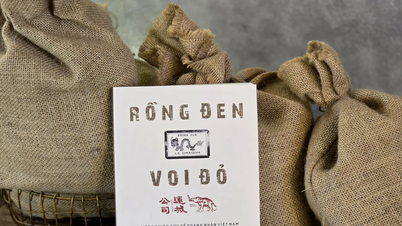
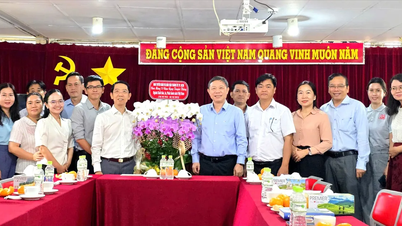

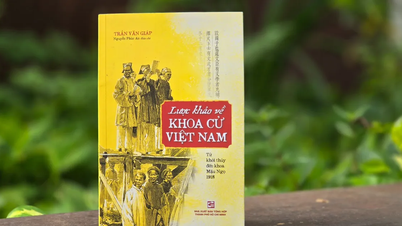
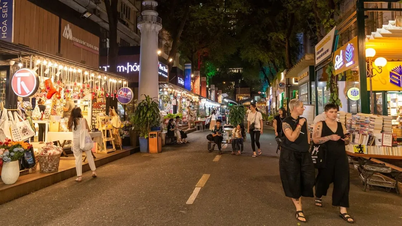



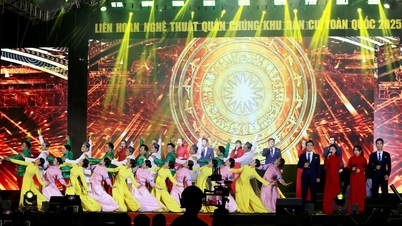

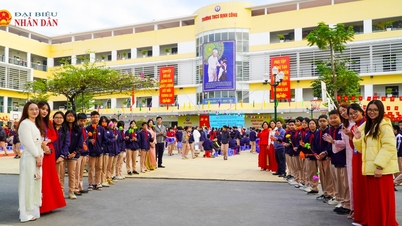

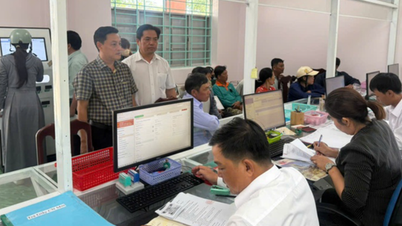

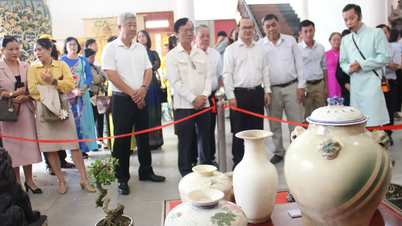
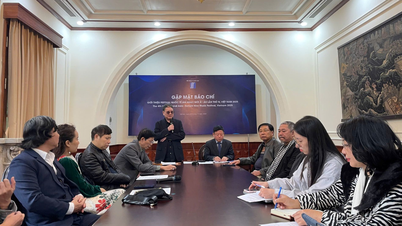







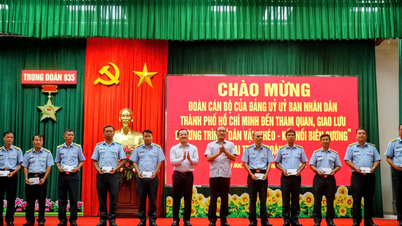


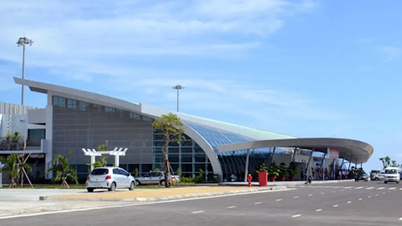










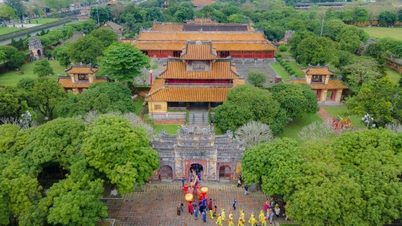

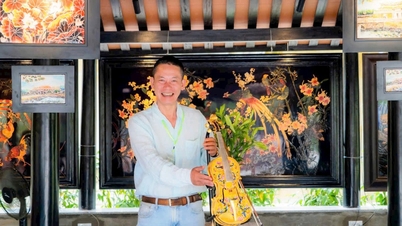



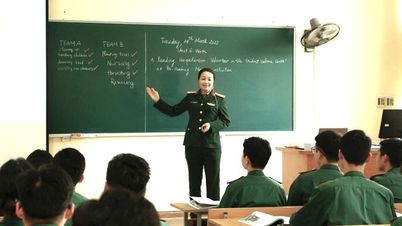


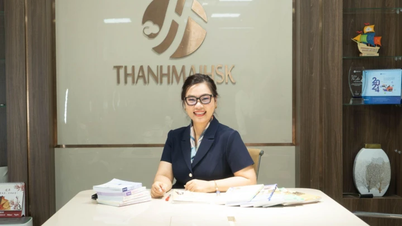


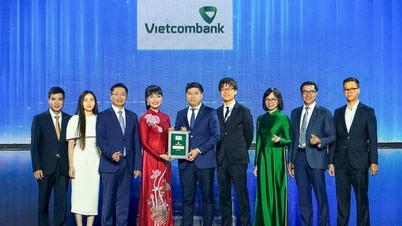


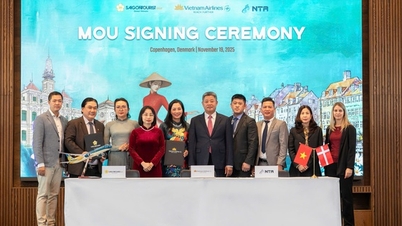
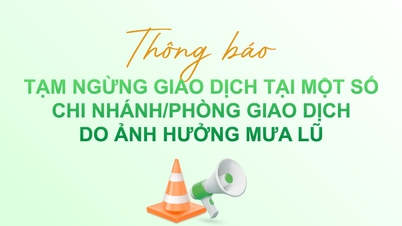












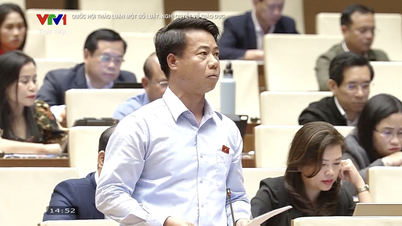






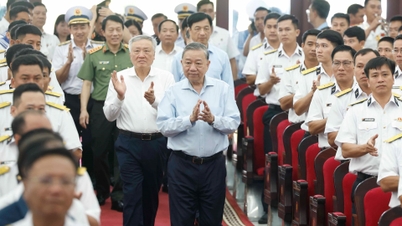
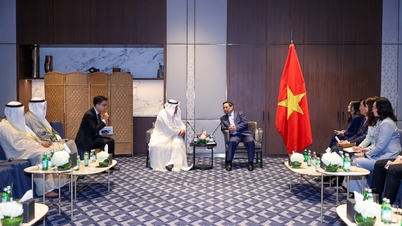

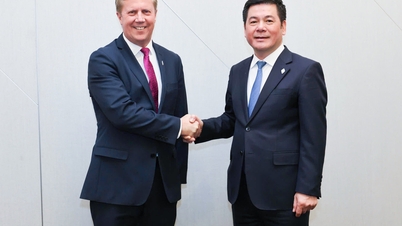
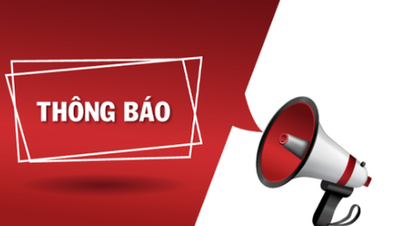

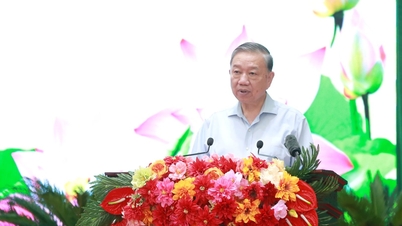

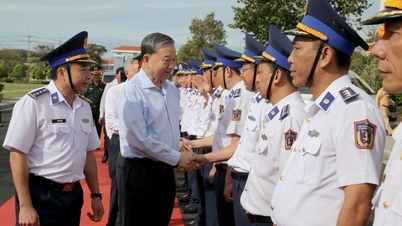




















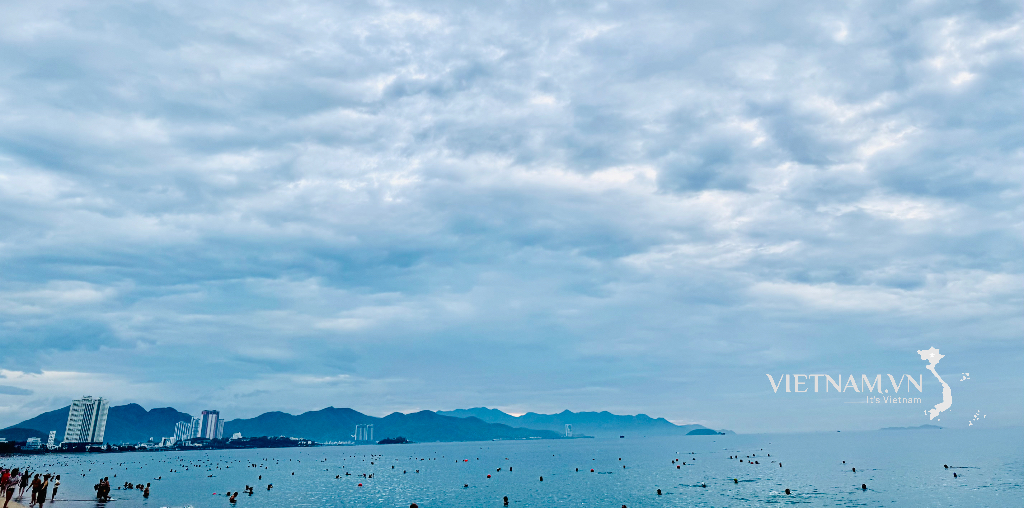
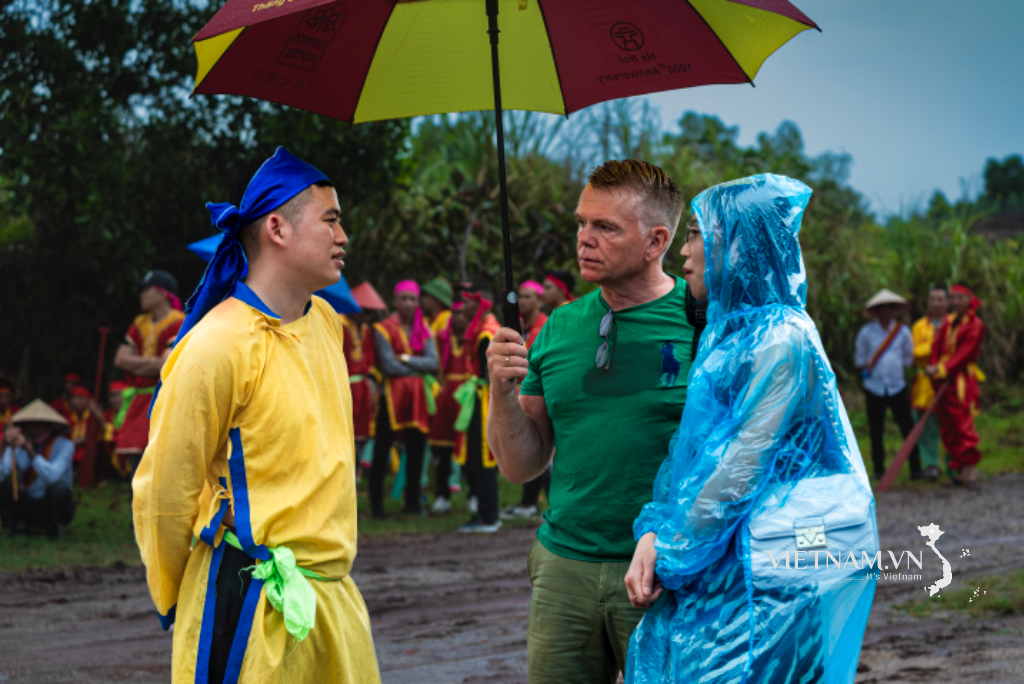
Comment (0)